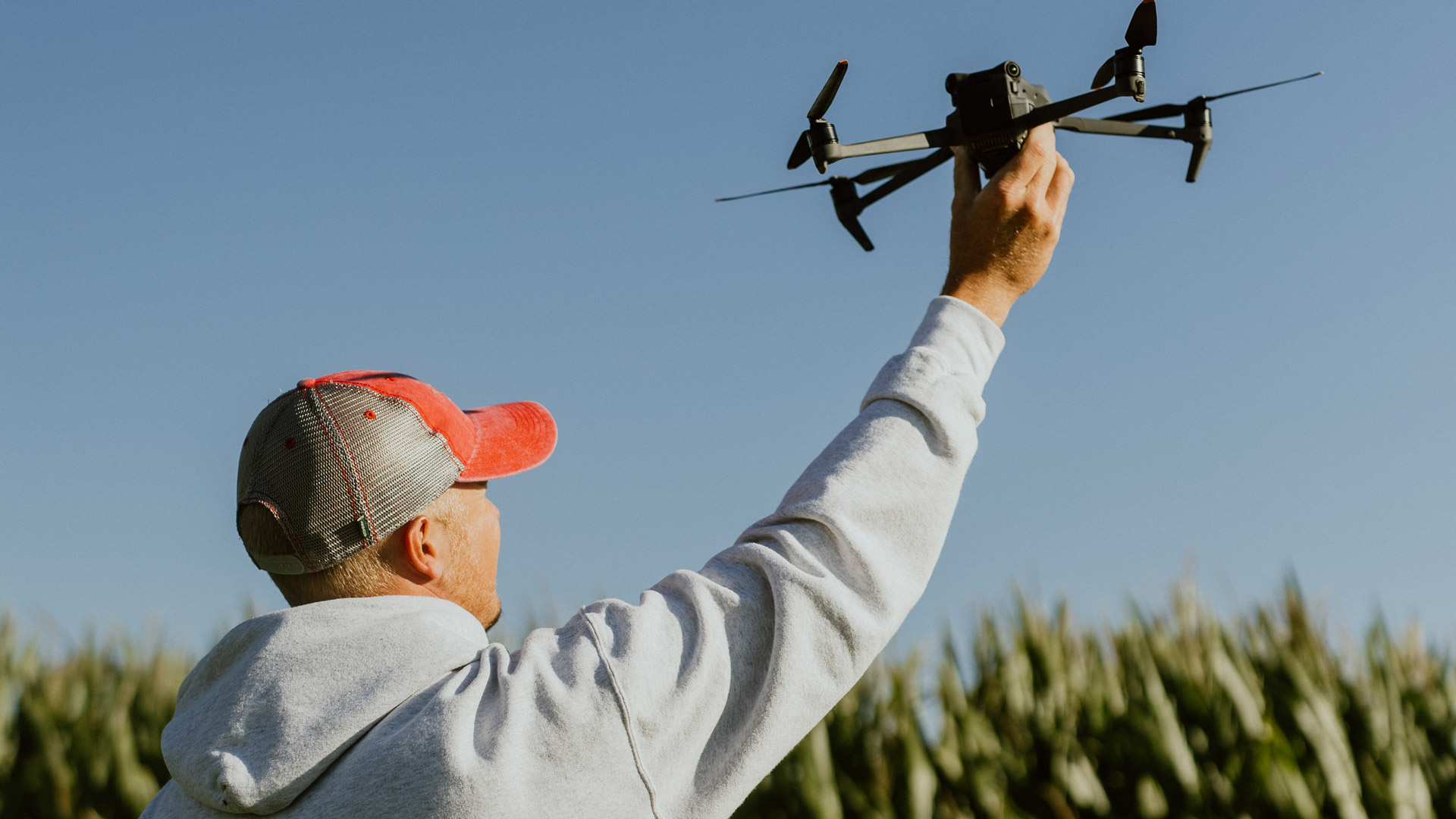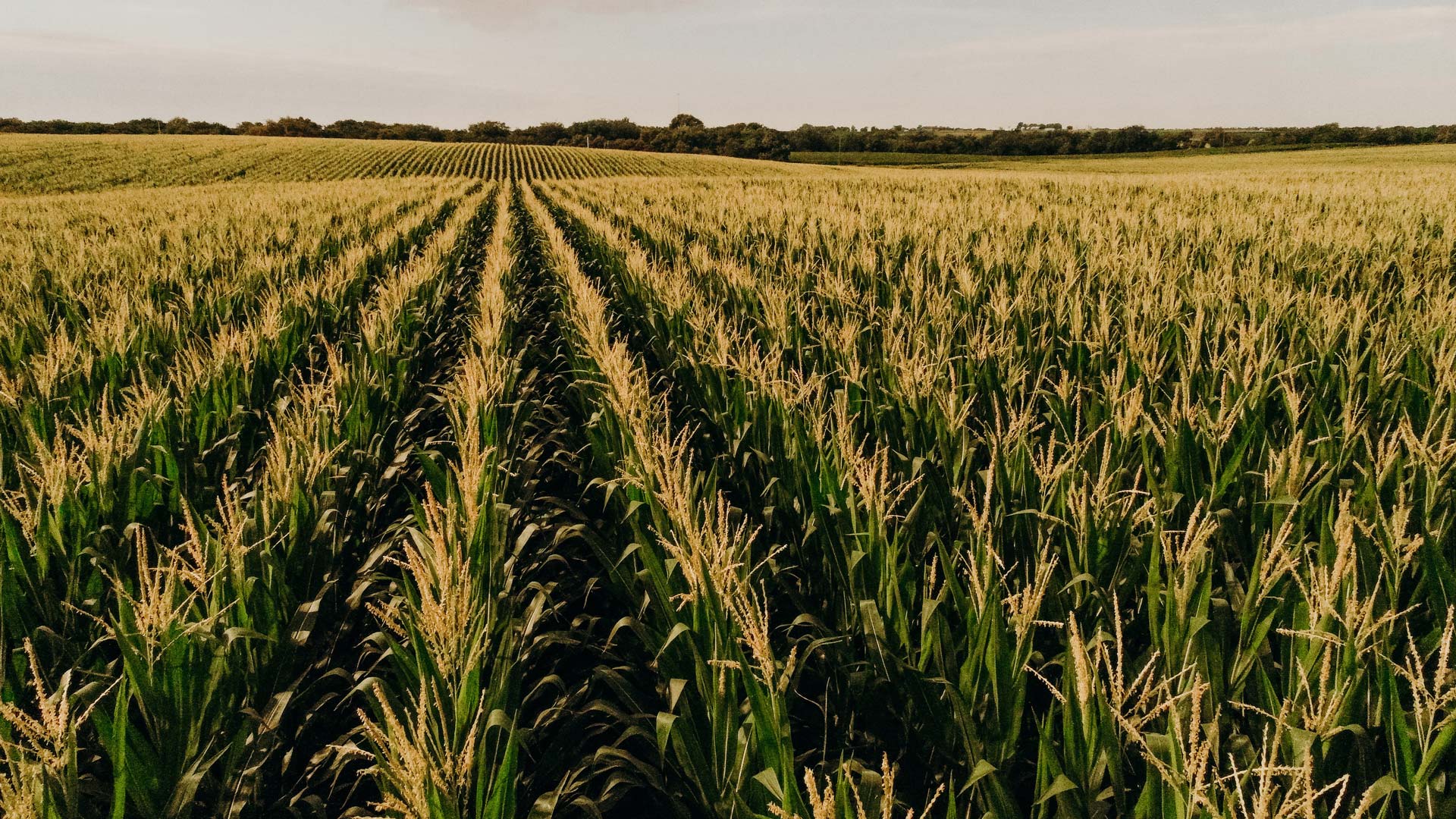Corn is a versatile plant that feeds the world, supplying the food that consumers across the globe know and need.
However, people aren’t the only ones who need nourishment to be healthy. Corn needs it too.
Just like a lawn in a front yard, corn needs essential nutrients and minerals to grow — nitrogen, phosphorus and potassium chief among them. While some of the elements a corn plant needs to grow may already be found in the soil, additional fertilizer is sometimes necessary to help the plants grow faster or make up for nutritional deficiencies in the ground.
Homeowners have plenty of products to choose from to make their lawn grow lush and thick, and farmers also can choose from numerous types of fertilizers to increase growth rates and bump up yields in their fields of corn. Two of the main kinds of products available are granular fertilizers and liquid fertilizers.
Is granular or liquid fertilizer better for corn? In short, the science says neither one is chemically superior. However, while each type of fertilizer is available in products that provide the necessary elements corn needs, the advantages and disadvantages of granular fertilizer versus liquid fertilizer exist in how they deliver nutrients to corn, according to an analysis by Michigan State University.
What Is Liquid Fertilizer for Corn?
Liquid fertilizer, as its name gives away, is product that comes in liquid form. It is often applied by spraying over the ground or, depending on the substance being used, may be injected directly into the ground using special equipment attached to a plow towed behind a tractor. Some liquid fertilizers, called foliar fertilizers, also can be sprayed directly onto the leaves of the corn plants, which is designed to provide a quick uptake of nutrients by the plants.
The goal for farmers is not only to use the right product for the plants, but also use as little as possible in order to promote sustainability and protect the environment.
Advantages of Liquid Fertilizer
1. Precision. Modern farming techniques enable liquid fertilizer to be precisely applied — in some cases injected, or “knifed,” directly into the ground right where plants will use it.
2. Availability. Nutrients from liquid fertilizers penetrate directly into the ground or onto the leaves of the plant, where it can readily be absorbed by the plant.
What Is Granular Fertilizer for Corn?
Granular fertilizer, also sometimes referred to as “dry fertilizer,” is product that is in solid form – typically broken down into very small grains or granules. It is applied by scattering it over the ground.
Advantages of Granular Fertilizer
1. Slower Release Option. Granular fertilizer allows for a slower release of nutrients over a longer period of time than their liquid counterparts.
2. Price. In some areas, granular fertilizer may be less expensive to buy than liquid fertilizer.
3. Storage. Granular fertilizer can be easier to store than its liquid counterpart.
Which Is Better: Granular Fertilizer or Liquid Fertilizer?
The bottom line is that both types of fertilizer can provide the nutrients that corn needs to grow. The question of whether granular fertilizer or liquid fertilizer works best for growing corn depends on a variety of factors such as the growth stage of the plants and what equipment an individual producer already has at hand.
Because of the different strengths of liquid and granular fertilizers, some farmers may choose to use one or both – but apply each one at a different time of the year. For example, a producer may apply a type of liquid fertilizer on the corn at planting or during the growing season to provide necessary nutrition to the growing plants, and then after harvest apply a different kind of granular fertilizer to the field to replenish nutrients in the soil and improve soil health.




